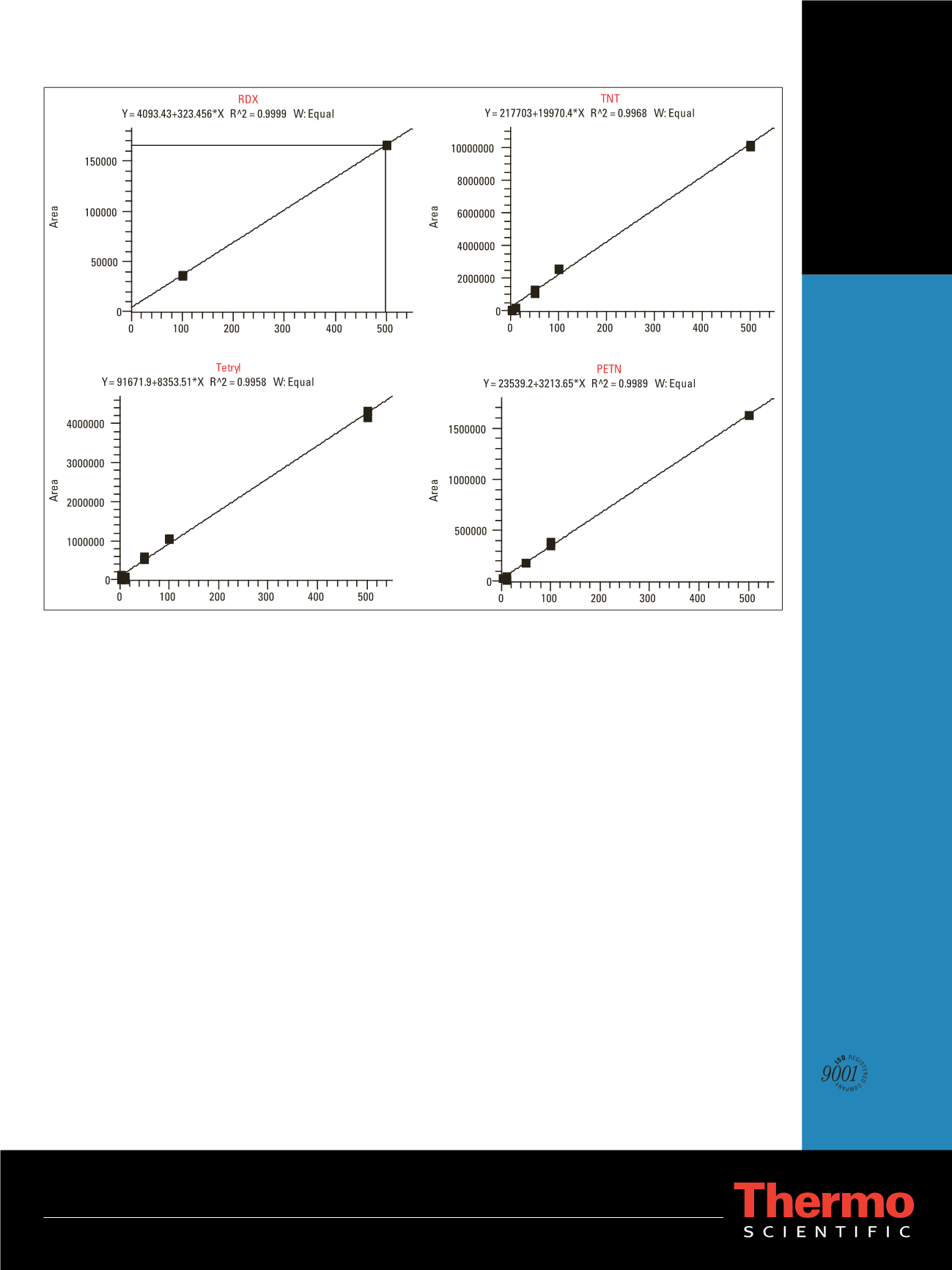

Part of Thermo Fisher Scientific
In addition to these
offices, Thermo Fisher
Scientific maintains
a network of represen-
tative organizations
throughout the world.
Africa-Other
+27 11 570 1840
Australia
+61 2 8844 9500
Austria
+43 1 333 50 34 0
Belgium
+32 53 73 42 41
Canada
+1 800 530 8447
China
+86 10 8419 3588
Denmark
+45 70 23 62 60
Europe-Other
+43 1 333 50 34 0
Finland/Norway/
Sweden
+46 8 556 468 00
France
+33 1 60 92 48 00
Germany
+49 6103 408 1014
India
+91 22 6742 9434
Italy
+39 02 950 591
Japan
+81 45 453 9100
Latin America
+1 608 276 5659
Middle East
+43 1 333 50 34 0
Netherlands
+31 76 579 55 55
South Africa
+27 11 570 1840
Spain
+34 914 845 965
Switzerland
+41 61 716 77 00
UK
+44 1442 233555
USA
+1 800 532 4752
www.thermo.comAN51879_E 03/10M
Thermo Fisher Scientific,
Austin, TX USA is ISO Certified.
Legal Notices
©2010 Thermo Fisher Scientific Inc. All rights reserved. AccuStandard is a registered trademark of AccuStandard, Inc. All other trademarks are the property
of Thermo Fisher Scientific Inc. and its subsidiaries. This information is presented as an example of the capabilities of Thermo Fisher Scientific Inc. products.
It is not intended to encourage use of these products in any manners that might infringe the intellectual property rights of others. Specifications, terms and
pricing are subject to change. Not all products are available in all countries. Please consult your local sales representative for details.
Figure 5: Linearity of the UHPLC/MS method for the analyses of explosives compounds in soil matrices
Conclusions
The simultaneous analyses of nitroamines, nitroaromatics,
nitrate esters, and peroxide explosives by UHPLC/MS were
accomplished. The UHPLC method, utilizing sub-2 µm
particles, improved the separation efficiencies and resolutions.
The MS detection method offered improved sensitivities,
good selectivity and additional MS confirmations. The
detection sensitivities were further increased by the pre-
concentration step implemented in the sample preparation
process. The more confirmative identifications of explosives
were achieved by comparing of the collected APCI mass
spectra to the comprehensive MS spectra library of the
explosive residues. We demonstrated the improved
separation performance, increased detection sensitivity
and better selectivity, compared to the current USEPA
8330 method. We also achieved 35 times detection
sensitivity for TATP compared to the Agilent instrument
and method.
References
1. D.R. Felt, S.L. Larson and L.Escalon, An extraction/concentration procedure
for analysis of low-level explosives in soils; Talanta 76, (2008) 21-28.
2. R. Tachon, V. pichon, M. B. Le Borgne, J-J. Minet, J. Chromatogr. A
(2007), doi : 10.1016/j.chroma.2007.03.059
3. Agilent Application : Analysis of Trace Residues of Explosive Materials by
Time-of-Flight LC/MS
4. A. Gapeev, M. Sigman and J. Yinon, Liquid chromatography/mass
spectrometric analysis of explosives: RDX adduct ions; Rapid Commun.
Mass Spectrum. 2003;17:943-948



















